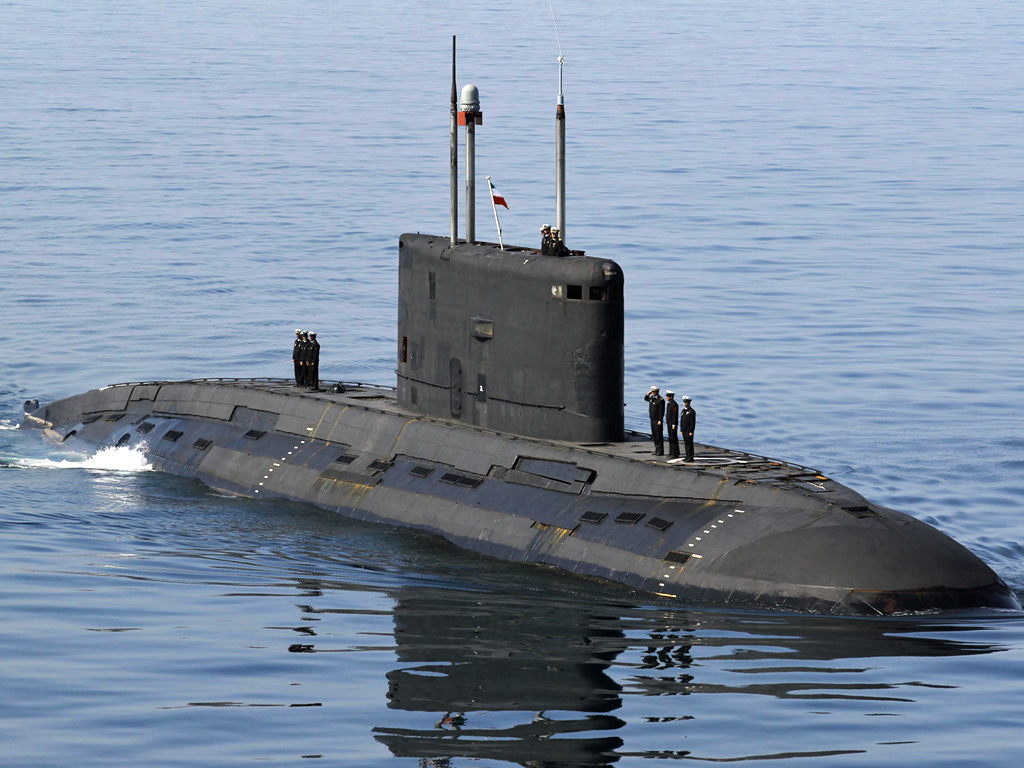Istanbul – Turkey has recently ratcheted up pressure on US and Iraqi authorities to end the presence of the violent separatist group, the Kurdistan Workers Party (PKK), in northern Iraq.
The slow build-up to the present crisis has involved more than Turkey s need for security on its southern border and for internal unity. There is a finely balanced interplay occurring between the demands of different domestic actors within Turkey, on the one hand, and the interests of Turkey s regional and strategic partners on the other.
The northern Iraq issue has begun to hijack Turkey s foreign policy agenda. The Turkish military and the bureaucracy have traditionally dealt with security threats to Turkey s territory. And Turkey s typically unstable coalition governments of the past have usually deferred such decision-making to these longstanding policy generators.
These two main political actors – the military and the bureaucracy – with their own internal divisions on policy response, have sought to posit the domestic interests of Turkey as they see them within the framework of its international obligations and treaty arrangements with the EU, the United States and NATO.
Until relatively recently, Turkey s Middle Eastern policies were the result of the interplay between these larger strategic factors and did not take into account the complications of the regional environment. The close relationship Turkey has developed with Israel is one indication of how outside actors have influenced its Middle East policy along strategic lines and away from more popular considerations, such as those emanating from a sense of Muslim affinity among the public.
Turkey s ruling Justice Development Party (AKP) is re-evaluating these factors. In opposition to the wishes of the Bush administration, the Turkish government has built up increasingly close relationships with Syria and Iran, despite running the risk of disturbing the strategic web of Western alliances that have determined many of Turkey s foreign policy interests since World War II.
Yet what is interesting, and different from previous Turkish governments, is the AKP s attempt to legitimize its actions as it seeks to defend its interests. Unilateral action against the PKK in northern Iraq, in other words, is no longer possible.
The Bush administration has been caught flat-footed by this sudden push from Turkey, enmeshed as it is in a web of opportunistic alliances with northern Iraqi leaders. It now faces in Turkey a NATO ally intent on using the issue of PKK terrorism as the basis for armed response, much as the United States did when justifying its own interventions in Afghanistan and Iraq.
However, it is not merely the US administration that finds itself in a tight spot. The Turkish government too is finding itself drawn into the need for action at the popular level. As the desire for intervention in northern Iraq has gained strength in Turkish public opinion, the AKP government has looked for ways to mitigate this demand to employ force. The government has sought to balance the interests of using actual force with the virtual power of the media at both national and international levels.
The use of force in northern Iraq is tempered by Turkey s economic considerations and business leaders. The extensive trading links between northern Iraq and the larger Middle East, tied as they are into Turkey s own economic resurgence, especially in the troubled southeast region, could be threatened by too bold a response.
An overreaction on the part of Turkish authorities could feed into EU suspicions regarding the country s suitability as a member of the European club . The rise of nationalism as a force in Turkish politics sits uneasily, not only with its foreign partners, but with the ruling party as well. Requesting local media reduce the level of sensationalism when covering attacks in southeast Turkey, the government is acting to safeguard this vehicle of virtual force, and to maintain its long-standing strategic relationships, by resolving the situation without resorting to actual force that may threaten US interests in Iraq.
Turkish foreign policy formation has undergone a significant change over the past five years, though is having a difficult time adjusting to regional realities. The presence of the United States in Iraq complicates the traditional armed response option, just as growing economic and strategic ties with the Middle East and the EU compel foreign policymakers in Ankara to take into account these new boundaries when it comes to military action.
Internally, the Turkish government is also facing conflicting calls for action and restraint. Virtual power is slowly being used to satisfy these demands, while restricting the use of actual force. However, even if more measured restraint is achieved, this will not necessarily solve the long-term issues resulting from the resurgence of PKK violence. Different stakeholders, at both the domestic and regional levels, also need to be engaged to ensure a more lasting period of stability in the region.
If the monolithic face of foreign policy formation from Ankara ever did truly exist, then it is safe to say that such an age is firmly over. Turkey s response to current events shows that it is learning to adapt its foreign policymaking to take into account the complex relationships that it must now deal with. For the EU, it is time to come to grips with its relationship with Turkey in a more constructive manner. For the United States and its troubled Middle East policy, even more so.
Gürcan Koçanis a professor in the department of humanities and social sciences at Istanbul Technical University, and Jason J. Nash is an Istanbul-based analyst of Middle Eastern and Turkish affairs. This article is distributed by the Common Ground News Service (CGNews) and can be accessed at www.commongroundnews.org.


